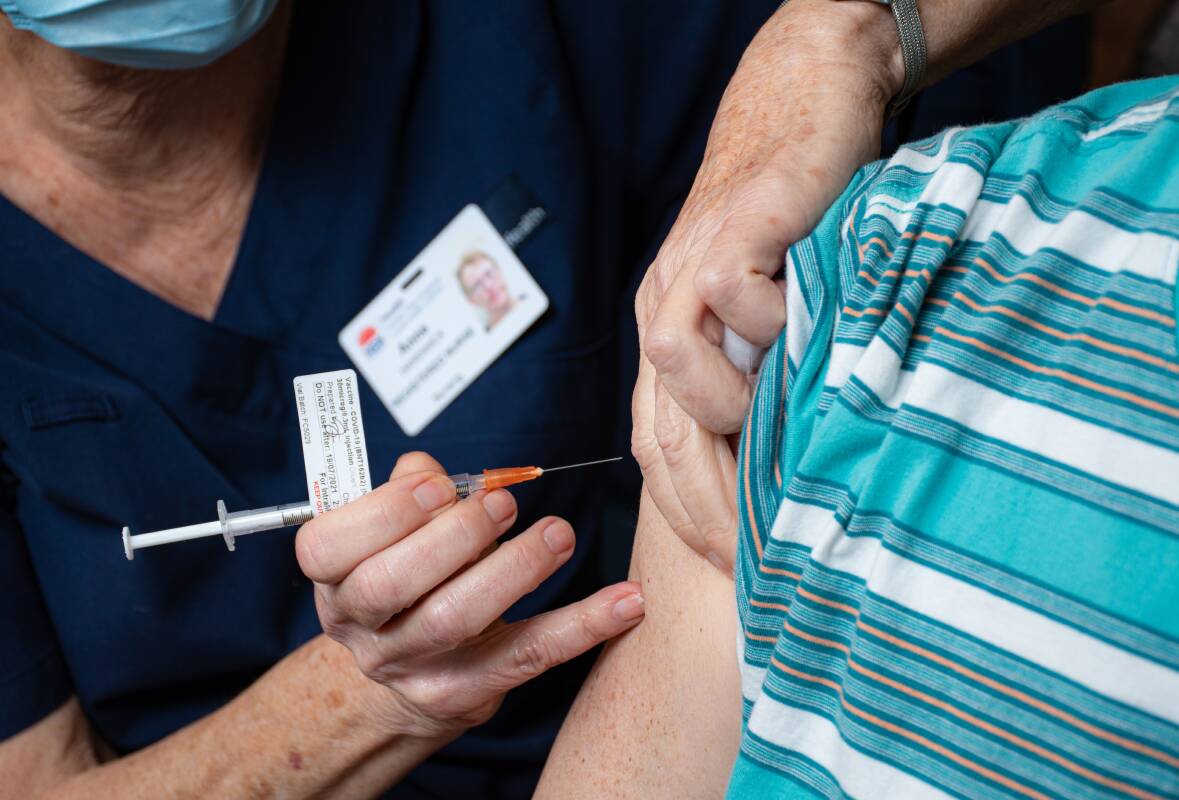
Notifiable influenza cases have almost doubled in the Hunter New England district in the past week, the latest NSW Health data shows.
The data, released on Thursday, showed the district recorded 2031 COVID cases, 185 flu cases and 187 RSV cases in the week to May 20.
COVID cases rose by 15 per cent, flu cases by 95 per cent and RSV [respiratory syncytial virus] cases by 13 per cent when compared to the previous week.
The figures were published in the NSW Respiratory Surveillance Report on Thursday.
They refer only to notification data obtained from positive PCR laboratory tests for infections.
University of New South Wales Professor James Wood said "we actually think COVID may be peaking at the moment".
Professor Wood, a mathematician in the School of Population Health, said this was "a bit uncertain" and the peak could "still be another couple of weeks".
"In regards to flu, we can definitely expect cases to rise sharply into June."
NSW Chief Health Officer Dr Kerry Chant said "we are anticipating high levels of influenza activity over the coming weeks and months, so it is important people across NSW continue to do the little things that keep us all safe".
"There is plenty of stock of COVID-19 and influenza vaccines available at pharmacies and GPs, so please book in today," Dr Chant said.
The Newcastle Herald reported on Thursday that people in Hunter hospitals with COVID had risen to the highest number since January.
Hunter New England Health physician Dr David Durrheim says this is the "fifth Omicron wave".
Dr Durrheim said 83 people were in the district's hospitals with COVID, compared to 20 in January during the last wave.
The severity, he said, "seems to be similar to the other Omicron waves".
The surveillance report said "NSW is continuing to experience elevated levels of transmission of respiratory viral infections".
COVID transmission was at "moderate to high levels" and "influenza notifications are rapidly increasing".
Notification rates for COVID "continue to be highest for people aged 90 and older".
A rise has also been observed in "those aged five to 16 since the beginning of May".
Dr Durrheim said the COVID figures in the surveillance report can't be compared to previous waves of the pandemic because of the changes to testing.
However, they were useful to examine "week to week".
It's no longer required to report positive RAT tests to NSW Health. Plus, PCR tests are now limited to referral from GPs and "testing in high risk situations like hospitals and aged care".
"The numbers are confirmed cases from labs and depend on the people who got a PCR test," Dr Durrheim said.
He says positive PCR tests of COVID, flu and RSV are "notifiable under the public health act".
NSW Health Minister Ryan Park urged people to "ensure they are up to date with their recommended influenza and COVID-19 vaccinations in the lead up to winter".
"Influenza is a serious disease in young children, and both COVID-19 and influenza viruses can have serious consequences for older adults, people who have chronic health conditions and those who are immunocompromised," Mr Park said.
"Vaccination remains the best protection against severe illness and now is the time to make sure you are up to date with the shots recommended for you."
With immunity from vaccination and prior infection, most people who get COVID are expected to have mild to moderate symptoms.
ATAGI recommends a booster for people who last had a vaccine or confirmed COVID infection six months ago or longer and are 65 years and over or 18 to 64 with comorbidities.
The latest COVID vaccine rollout report estimated that 33 per cent of eligible NSW residents in aged-care homes had a booster this year.
Mr Durrheim said the Hunter New England health district presently had 20 COVID "aged-care outbreaks".
To see more stories and read today's paper download the Newcastle Herald news app here.







